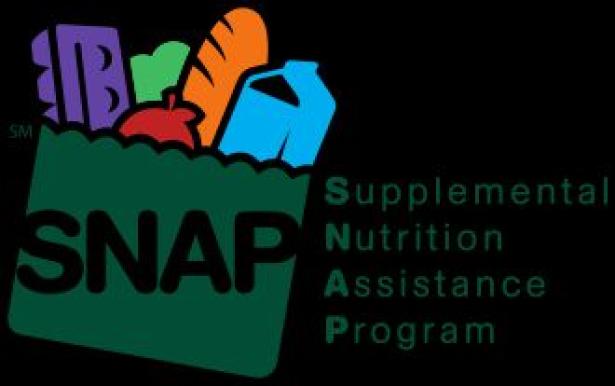Chair Stabenow’s Farm Bill Vision Protects and Strengthens SNAP; Chair Thompson’s Puts a Healthy Diet out of Reach for Millions
Today, the chairs of the House and Senate Agriculture committees released competing visions for a farm bill. The nutrition provisions of the farm bill framework proposed by Senate Agriculture Committee Chair Debbie Stabenow would protect and strengthen the Supplemental Nutrition Assistance Program (SNAP), our nation’s most important and effective anti-hunger program. In stark contrast, the proposal from House Agriculture Committee Chair Glenn “GT” Thompson would put a healthy diet out of reach in the future for millions of families with low incomes by cutting future benefits for all SNAP participants and eroding the adequacy of SNAP benefits over time.
Chair Stabenow’s proposal represents an important first step toward a farm bill that protects the vital food assistance that SNAP provides to millions of children, families, older adults, and people with disabilities. It expands access to SNAP benefits for groups that have historically been excluded from the program, ensures that benefits are adequate to provide a nutritious diet, and improves customer service for participants. Stabenow’s proposal would establish a path for Puerto Rico to participate in SNAP, a critical step forward in reducing Puerto Rico’s high rates of food insecurity and poverty and addressing the long-standing inequities between U.S. Territories and states. It would restore SNAP eligibility for people convicted of a drug-related felony, ending a punitive policy that worsens food insecurity and disproportionately impacts people of color, reflecting and amplifying inequities in our criminal justice system. It would also reduce barriers to SNAP participation for older adults, military families, and some college students, and would enhance protections and restore benefits for low-income families who are the victims of electronic benefit theft, in addition to other improvements.
On the other hand, Chair Thompson’s proposal would prevent SNAP benefits from keeping pace with the cost of a healthy, realistic diet over time, which the Congressional Budget Office estimates would result in a roughly $30 billion cut to SNAP over the next decade. The proposal would do this by freezing the cost of the U.S. Department of Agriculture’s Thrifty Food Plan (the basis for SNAP benefit levels) outside of inflation adjustments, even if nutrition guidelines or other factors change the cost of an adequate diet. The Thompson proposal’s modest benefit improvements do not outweigh the harm to the tens of millions of SNAP participants — including children, older adults, and people with disabilities — who would receive less food assistance in the future because of this policy.
The farm bill should be an opportunity for Congress to make progress against food insecurity and hunger and tackle the glaring racial inequities in food hardship. Some 44.2 million people in 2022 lived in households experiencing food insecurity, with rates particularly high among Black, Latine, and American Indian and Alaska Native people. Critically, Chair Stabenow’s proposal rejects the false premise that improvements in SNAP must come at the expense of food assistance for low-income families who count on SNAP to put food on the table. There are proposals to improve SNAP that have bipartisan and bicameral support. The Senate framework, which rejects harmful benefit cuts, should be the basis for farm bill negotiations moving forward.
Statement of Ty Jones Cox, CBPP Vice President for Food Assistance
CBPP (Center on Budget and Policy Priorities) is a nonpartisan research and policy institute that advances federal and state policies to help build a nation where everyone — regardless of income, race, ethnicity, sexual orientation, gender identity, ZIP code, immigration status, or disability status — has the resources they need to thrive and share in the nation’s prosperity.


Spread the word